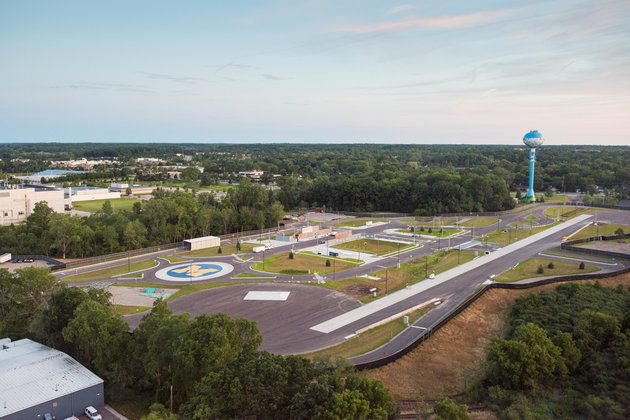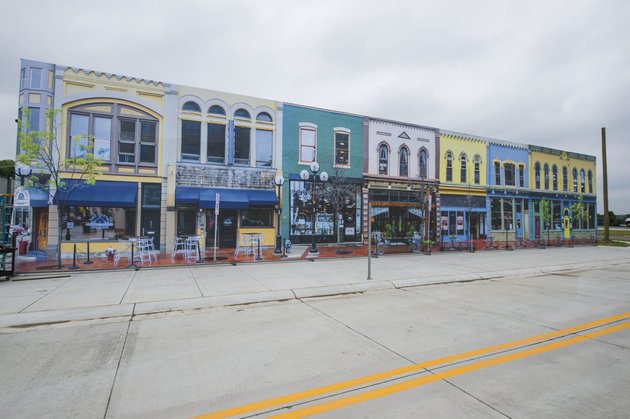It’s been a busy few days in the world of connected cars on many fronts. There’s been a live-hack, the crash of an autonomous car resulting in injuries and the discovery of a city that exists solely for the purpose of connected car testing.
Let’s begin with the hacking story as this is a topic of great concern in the world of connected cars. This is a very polarizing topic and it seems that for every “expert” who says it’s impossible to hack a car without being physically connected to it; there’s another who says you can. But maybe if you hack it, you can’t actually take control of it. Well it seems that not only can you hack it, but you can take control of a connected car while it is in motion.
Charlie Miller and Chris Valasek said they were able to take control of a Chrysler Jeep Cherokee from 10 miles away while the vehicle was traveling at 70 mph on the highway. This is pretty scary. With a Wired Magazine editor at the wheel, they started their attack without warning him in advance of what was to come. It began with turning all of the air-conditioning fans on high, followed by sharing photos on the head unit while blasting music that could not be turned down or off and washing the windshield constantly. Well that was only the beginning: The highlight, and most terrifying part, of this adventure was they killed the engine function and the accelerator did not work to move out of the way of approaching traffic. On the highway, at 70 mph. A video of this adventure can be viewed at this link.
The hack was accomplished by exploiting the UConnect Internet software in the head unit, software installed in more than 470,000 Chrysler vehicles on the road today. A hacker could gain access via the cellular connection initially and then be able to send CAN bus messages to control car functions. As a result of this finding, Chrysler has issued a patch.

The University of Michigan launched Mcity, a 32-acre simulated city complete with sidewalks, intersections, traffic signs and lights, buildings and robotic human dummies to aid with autonomous car research. They are also able to test recognition of faded lane strips, road signs marred by graffiti and sudden road hazards for reactions of the self-driving vehicles. 
Google has now started posting monthly reports that highlight the latest activities of its self-driving cars, which include details of any accidents occurring when in autonomous mode. Also in the news in the last few days was the first accident in which injuries occurred. The trend that can be seen in these accidents is that the cause was primarily due to humans in other vehicles hitting the Google car, likely because it was not driving in the fashion a human-driven vehicle is expected to. In other words, taking traffic rules to the exact measure and driving in a safer fashion.
This is a topic I believe impacts the timeline to truly autonomous vehicles on the roadways. What happens when there is a mix of smart and stupid cars: those that can talk to each other and those that can’t; cars driven by people interacting with cars driven by machines. Can they actually co-exist in a fashion that works on a wider scale or will they remain relegated to only certain sections of cities and roadways? I guess it is yet to be determined, but definitely there is still some learning needed.
It’s been a busy few days on these connected car topics, it appears the machines aren’t taking any time off to hit the beach this summer.
Like what you read? Follow me on Twitter!
Claudia Bacco, Managing Director – EMEA for RCR Wireless News, has spent her entire career in telecom, IT and security. Having experience as an operator, software and hardware vendor and as a well-known industry analyst, she has many opinions on the market. She’ll be sharing those opinions along with ongoing trend analysis for RCR Wireless News.


